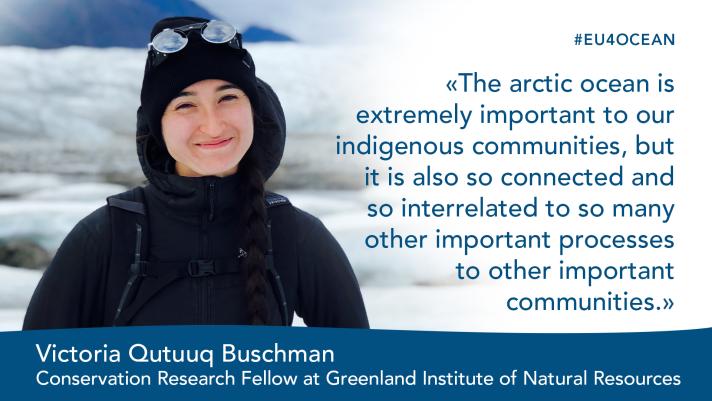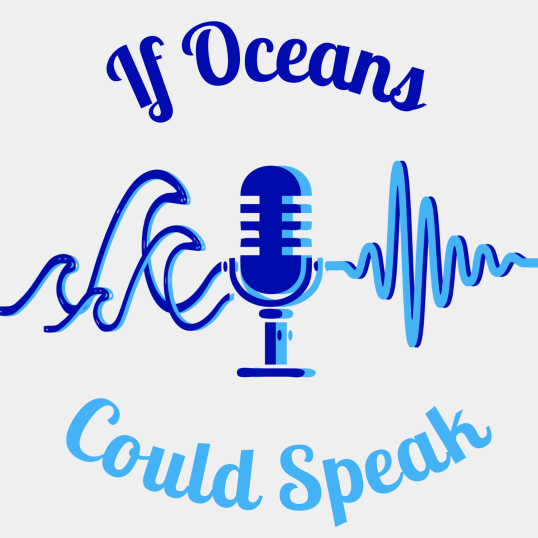We have reached the final episode in our Arctic-focused series of If Oceans Could Speak. And what a finale it is!
"My belief is that in conservation of both land and waters, there are ways to approach conservation ethically and responsibly, so culturally relevant, and fully knowledge based, so incorporating not just research and science but incorporating indigenous knowledge, there are ways to do conservation really well"
(Dr Victoria Qutuuq Buschman)
Listen to the podcast on
"the Arctic ocean is extremely important to our indigenous communities but t is also connected and so interrelated to so many other important processes to other important communities!
(Dr Victoria Qutuuq Buschman)
Today’s conversation is with Iñupiaq Inuit and conservation biologist Dr Victoria Qutuuq Buschman. Victoria joined us from her office in Nuuk, Greenland, just a few days before her journey to the COP26 climate conference in Glasgow.
Victoria describes, so wonderfully, the relationship between her Inuit community and the Arctic Ocean, its sea ice and its whales, and explains how these experiences led her on her path to become the first Iñupiaq doctor of conservation biology.
Victoria champions indigenous knowledge and the unique contributions it can bring to Arctic science and governance at all levels. With Victoria’s experiences, we explore a multitude of critical topics around indigenous knowledge, its meaningful inclusion within Arctic science and policy, and the narratives, conversations and exchanges we should be having to better understand and support Arctic people and wildlife in the face of climate change.
Victoria's words and insights are essential. To explore more, do not miss her blog and webpage:
https://www.victoriabuschman.com/
Read the transcript HERE.


